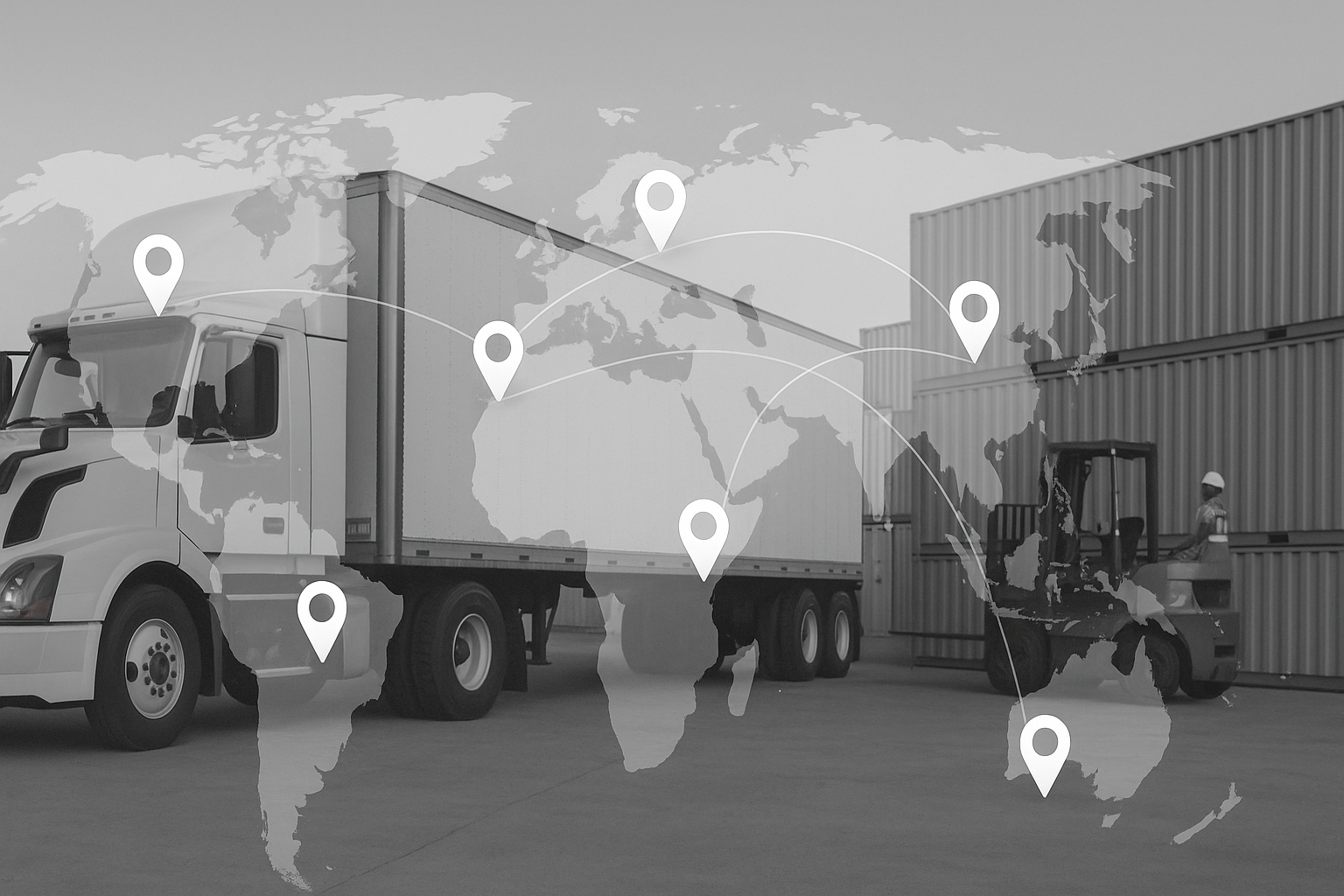Jobs and Career Scope in Transport Systems & Logistics (U.S. 2025 Guide)
The U.S. transport and logistics industry employs millions, connecting supply chains that power retail, healthcare, and manufacturing. As automation, sustainability, and AI transform the field, new jobs are emerging across trucking, warehousing, and freight management. Whether you’re starting a CDL career or pursuing a logistics degree, the opportunities in 2025 are broader and more technology-driven than ever.

High-Demand Jobs in Transport and Logistics (2025 Salary & Growth Outlook)
In 2025, U.S. logistics jobs range from truck drivers and warehouse operators to data analysts and freight coordinators. The American Trucking Associations report ongoing demand for over 80,000 CDL drivers annually, with salaries averaging $65,000–$85,000 depending on route and experience. Supply chain analysts and logistics coordinators now earn $70,000–$95,000, reflecting how data and automation skills are reshaping career value. This surge comes as global e-commerce and domestic freight continue to grow, especially in high-volume states like Texas, California, and Illinois.
Best Paying Logistics Careers That Don’t Require a Degree (2025 Opportunities)
Many logistics professionals enter the industry through paid apprenticeships or certifications rather than four-year degrees. CDL training programs, warehouse automation apprenticeships, and freight dispatch certifications provide quick access to steady income. Linehaul truck drivers, fleet dispatchers, and inventory control specialists frequently earn $60K–$90K with overtime and bonuses. Companies like FedEx, UPS, and Schneider National increasingly promote internal advancement programs, making logistics one of the most upwardly mobile industries in the U.S.
How to Start a Career in Logistics Management or Supply Chain Planning
For career changers or recent graduates, entry into logistics management begins with strong analytical and organizational skills. Earning a bachelor’s in supply chain management, operations, or business analytics is often the first step. Adding professional credentials such as the APICS Certified Supply Chain Professional (CSCP) or Certified in Logistics, Transportation and Distribution (CLTD) credential can fast-track promotion into supervisory or management roles. Those with advanced Excel, ERP, or AI analytics experience are especially attractive to employers focused on predictive logistics and cost reduction.
Green Transport, Automation & AI: The Future of Logistics Jobs in the U.S.
Sustainability is reshaping the transportation job market. Careers tied to electric vehicle (EV) fleet management, carbon-neutral shipping, and smart route optimization are growing faster than traditional logistics roles. The adoption of AI-powered platforms—used for shipment tracking, driver safety monitoring, and predictive demand forecasting—has created hybrid positions blending IT and operations. Employers such as Amazon, DHL, and Ryder are investing heavily in automation and green transport systems, opening opportunities for technicians, data engineers, and sustainability officers.
Logistics Degrees and Certifications That Boost Income in 2025
Educational pathways in logistics now offer significant returns on investment. Degrees in Supply Chain Management, Industrial Engineering, and Business Analytics remain the most valued by employers. Meanwhile, short-term credentials like the Commercial Driver’s License (CDL), OSHA Safety Certification, and Six Sigma Green Belt are among the most lucrative for mid-career professionals. Certified logistics experts can earn up to 20–30% higher than non-certified peers, particularly in specialized areas like warehouse automation, freight pricing analytics, and customs compliance.
Career Advancement & Long-Term Job Stability in Logistics
Unlike many industries, logistics offers both job security and flexible entry points. Economic downturns may shift demand between freight categories, but the need to move goods remains constant. Experienced workers can move into operations leadership, compliance management, or consulting roles, often supported by employer-funded continuing education. Additionally, the rise of logistics-as-a-service (LaaS) models has created demand for entrepreneurial professionals who combine supply chain expertise with tech innovation—ideal for those seeking independence within a structured industry.
Where to Find the Best Logistics Jobs Near You (2025 Hiring Trends)
The top states for logistics hiring include Texas, California, Florida, Georgia, and Illinois, each home to major distribution hubs and intermodal transport centers. Online job boards like Indeed, LinkedIn, and LogisticsJobsUSA show steady openings for CDL drivers, logistics coordinators, and warehouse automation technicians. For specialized roles, candidates can also explore supply chain consulting firms, manufacturing conglomerates, and defense logistics contractors, all of which are expanding in 2025 due to increased trade and infrastructure investments.
Transport and logistics jobs offer something rare—a mix of stability, mobility, and technological evolution. Whether you’re behind the wheel, optimizing a supply chain, or managing an automated distribution center, the field promises continuous learning and strong earning potential. As industries rely on faster, smarter supply networks, logistics professionals will remain essential to the U.S. economy’s growth story well beyond 2030.